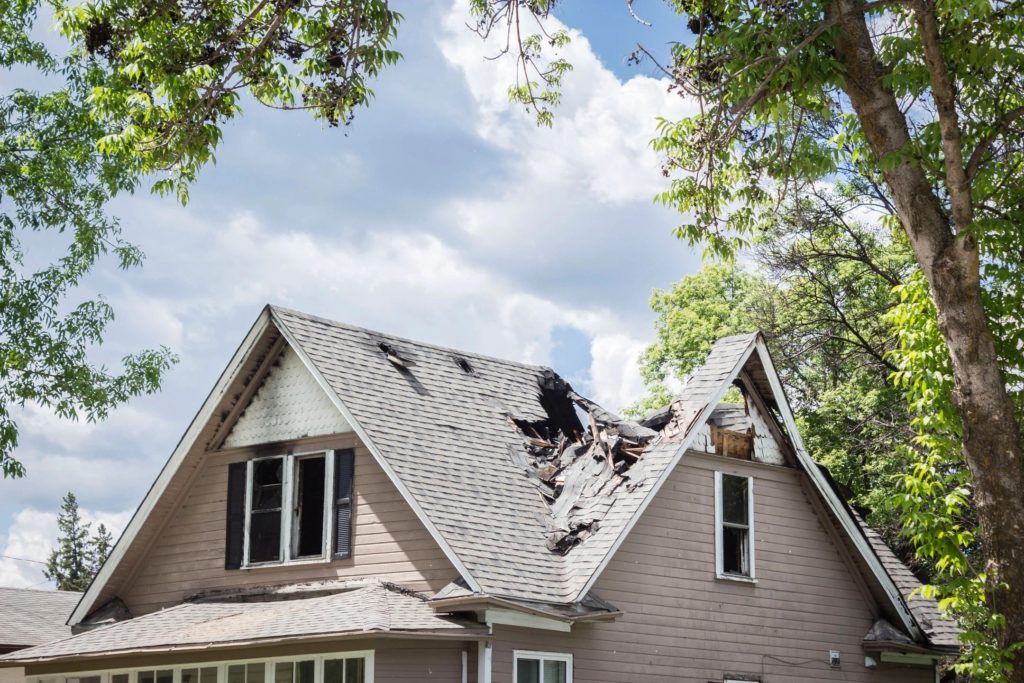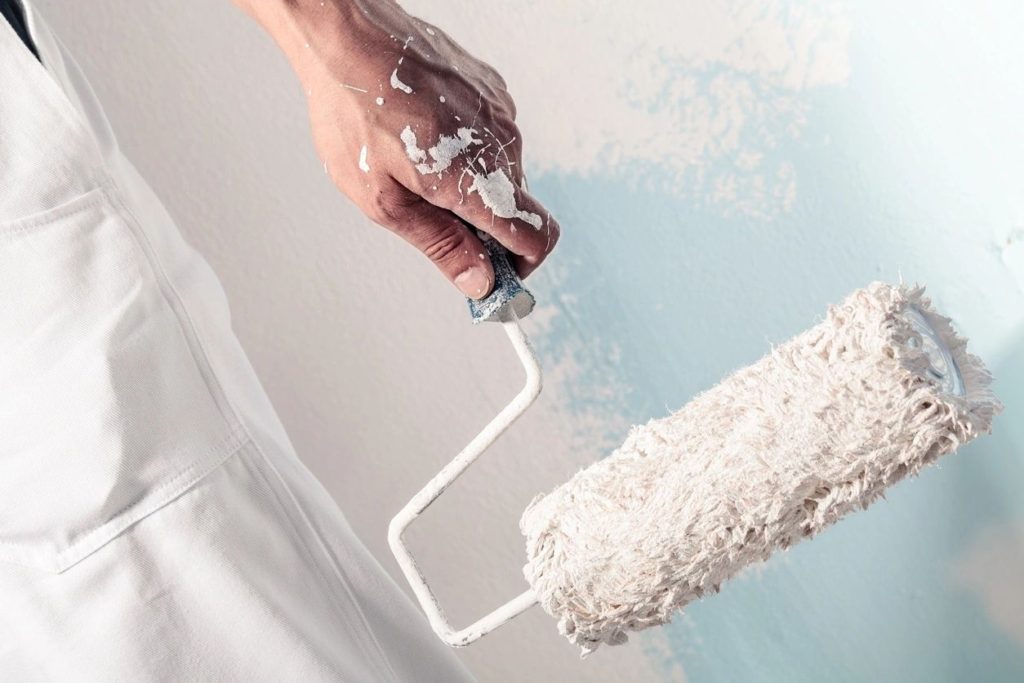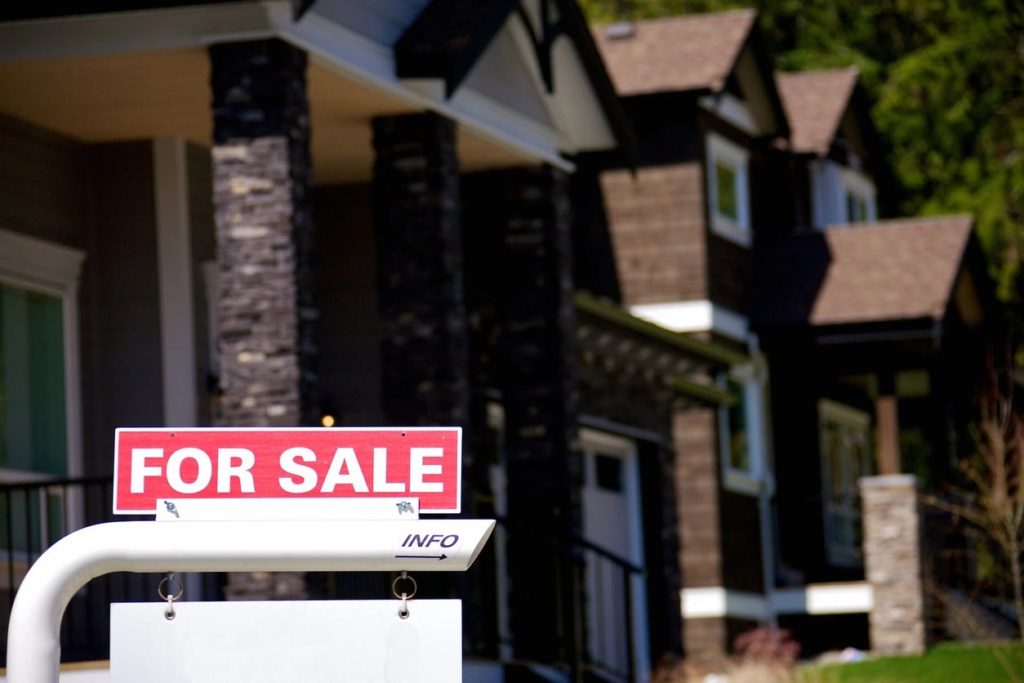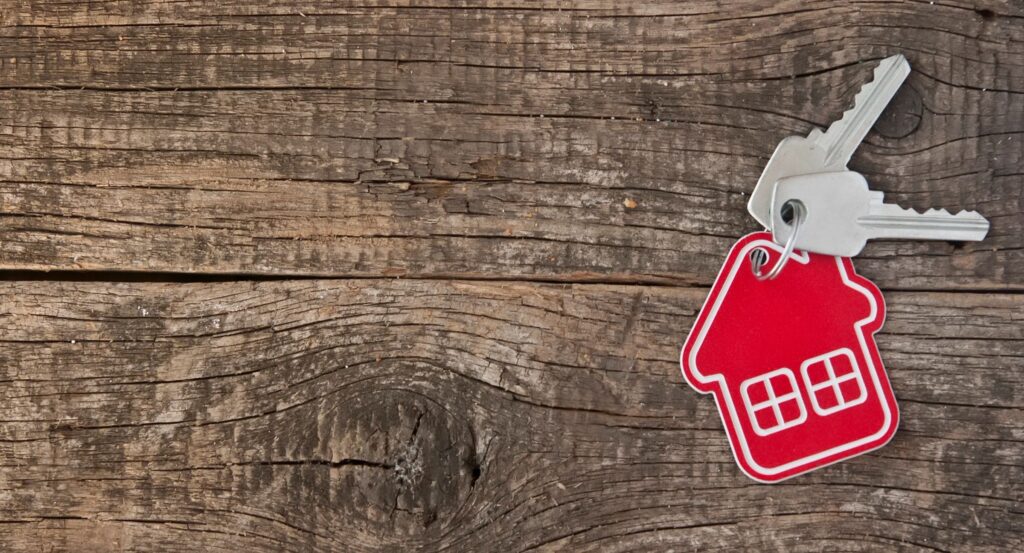
Imagine finding the home of your dreams for sale and it’s the most expensive home on the street. And, it’s in your price range. Are you about to score!? Be careful. Making an offer on the best house in the neighborhood may not be economical.
Why should you not be the one with the best house? It makes a lot more sense—financially, anyway—to buy one of the lesser homes in the neighborhood. Every improvement you make will add to its value and increase your equity—and you’ll have a pretty high ceiling here, figuratively speaking. When you buy the lesser home in the neighborhood, it becomes much easier for you to increase the value of your real estate investment.
Not every single home that is purchased will result in a profit – real estate, like any other investment, is a gamble. Buying a home is often the biggest investment you’ll ever make. So, regardless of everything, you still should look at it as that: an investment. Resale value should always stay top of mind.
If you have the least expensive home in the neighborhood, the other homes will actually drive your home value up. But the opposite is also true. If you have the most expensive house, the other homes will drive your home value down. This is another reason why mid-range homes tend to have a higher price per square foot than the fancier homes down the street.
If the market shifts, and it does about every 7 years, you may be stuck at the top of the market in your area. When times are tough, buyers will opt for a less expensive home in hopes of getting a better deal.
Having a knowledgeable Realtor is so important. They understand the importance of resale value while you search for your home. They have all the market information you need to make a good decision. If there aren’t any comps to support the high price tag it will be harder to get a bank loan (unless you have cash!) Your Realtor, if you have found a great one, will ask the listing agent where he or she based the listing price. Normally listing agents will list homes based on past sales in the immediate market area unless the sellers themselves set the list price.
The Bottom Line: Why let lesser valued homes in the neighborhood drag yours down? Buy the smallest house in the best neighborhood and let the neighbors’ values bring yours up. A low-end house can be upgraded to your own specifications to increase the value to the average of the area.

 See Our National Coverage Map
See Our National Coverage Map


